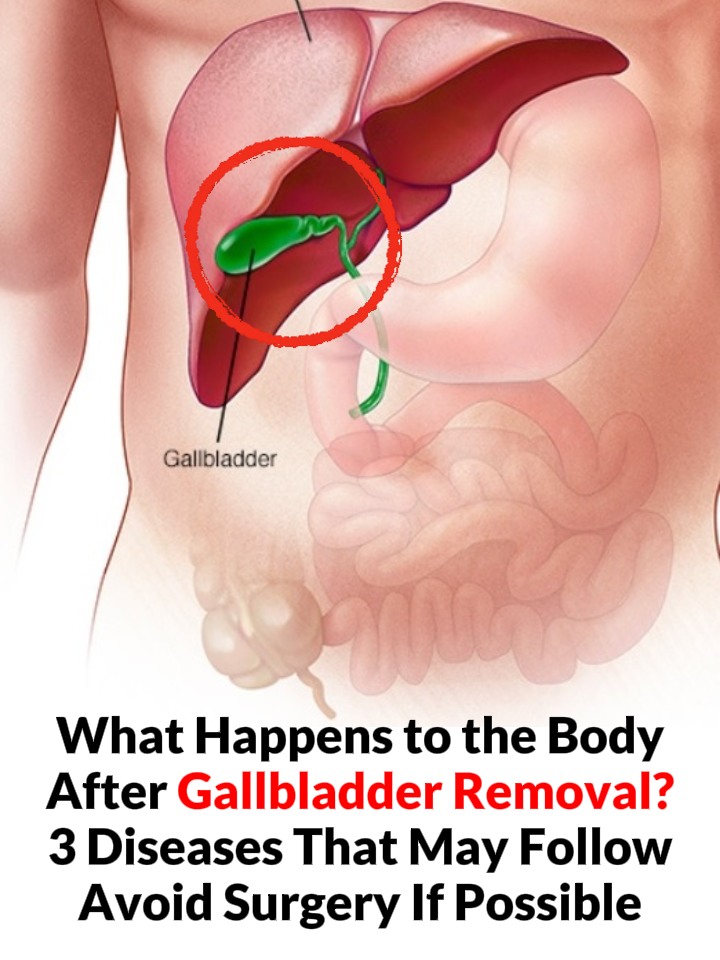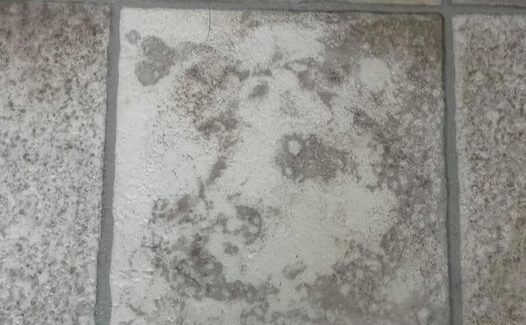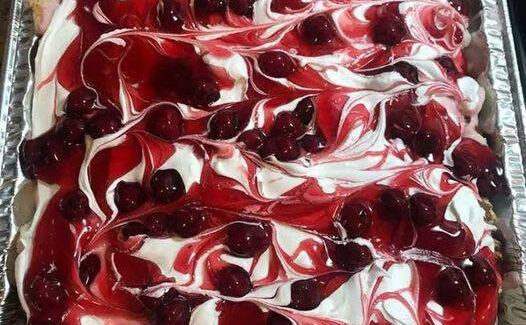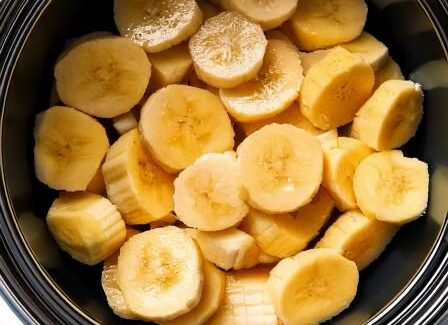The gallbladder is a small, pear-shaped organ tucked under the liver, often overlooked until it causes problems. Its main function is to store bile, a digestive fluid produced by the liver that helps break down fats. Gallbladder removal, or cholecystectomy, is a common surgery, often recommended for gallstones or chronic inflammation. While the procedure can relieve pain and prevent serious complications, it’s not without consequences. Understanding what happens to the body afterward and the potential risks can help you make informed decisions about your health.
How the Body Adjusts After Gallbladder Removal
Once the gallbladder is removed, bile no longer has a storage reservoir. Instead, it continuously trickles from the liver into the small intestine. This shift affects digestion, particularly after meals high in fat. Some common changes include:
-
Digestive adjustments: You may experience bloating, diarrhea, or gas as your body adapts to a more constant but lower flow of bile.
-
Fat absorption challenges: Without a concentrated bile release, breaking down fatty foods becomes less efficient, which can lead to discomfort after rich meals.
-
Altered gut flora: Changes in bile flow can affect gut bacteria, sometimes contributing to digestive issues or increased susceptibility to infections.
3 Diseases That May Follow Gallbladder Removal
While many people live normal, healthy lives post-surgery, research suggests that gallbladder removal may increase the risk of certain conditions:
1. Postcholecystectomy Syndrome (PCS)
PCS refers to lingering abdominal pain, nausea, bloating, or diarrhea after surgery. It can appear immediately or years later and may result from bile duct problems, scar tissue, or changes in bile flow.
2. Chronic Diarrhea and Irritable Bowel Syndrome (IBS)
Some patients develop persistent diarrhea due to bile acid malabsorption, which can irritate the intestines. This condition may resemble or trigger symptoms of IBS, including abdominal cramping and irregular bowel habits.
3. Increased Risk of Liver or Pancreatic Issues
Studies indicate a slight rise in the risk of developing fatty liver disease or pancreatic problems in some individuals after gallbladder removal. Continuous bile flow can stress the liver and pancreas, especially if lifestyle or diet isn’t carefully managed.
Why Avoiding Surgery When Possible Can Be Beneficial
Surgery is not always the only solution. In cases of mild gallstone disease or intermittent discomfort, non-surgical approaches may help:
Please Head On keep on Reading (>)











